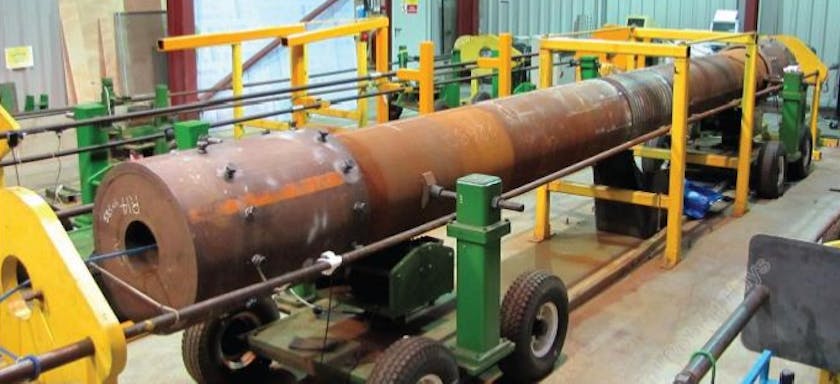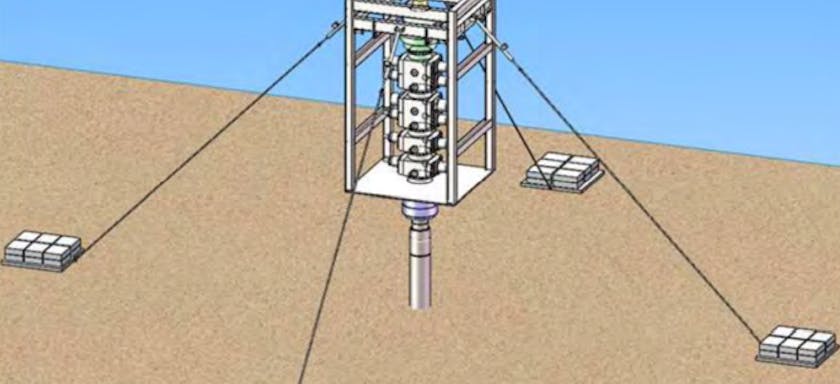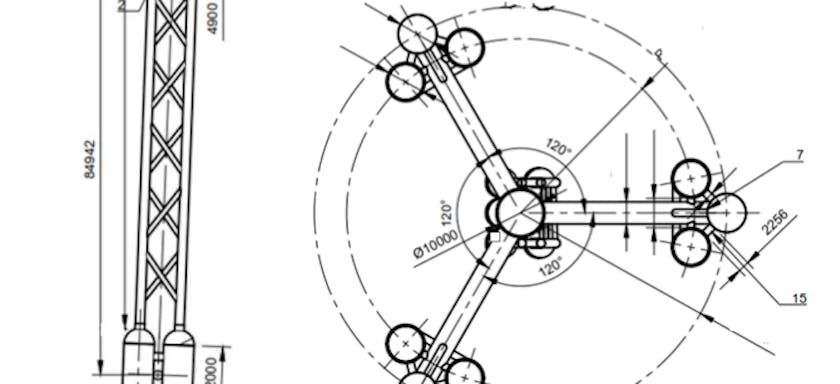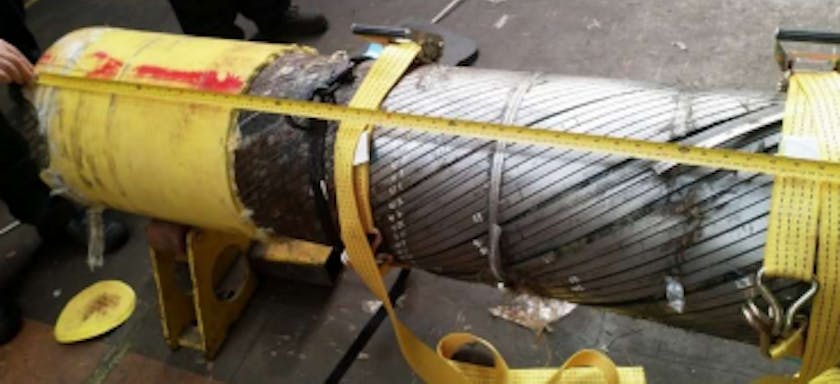Application of Machine Learning for Fatigue Prediction of Flexible Risers – Digital Twin Approach
EVENT: APOGCE
1 Nov 2020
Flexible pipes have a range of potential failure modes, however fatigue damage of the tensile, and eventually, the pressure armour, is one of the most common problems affecting the longevity of service life and the OPEX due to the common need for flexible riser replacement. With increasing utilisation of flexible pipe for current and future field developments, compounded by the recurrent need for field life extension, it is essential to monitor the riser fatigue regularly to maintain integrity, maximise asset life and to allow for informed appraisal before extending its operational life.
This paper presents a novel method of using the refined finite element analysis (FEA) in combination with Artificial Neural Network (ANN) to develop a riser digital twin that can be utilised as an operational decision-making tool for integrity management and life extension. A digital twin model is trained on a subset of available metocean and vessel motion data utilising advanced neural networks which can then be utilised to predict fatigue under the full spectrum of metocean and internal pressure conditions. This approach allows for a significant reduction in the estimation time of the fatigue damage compared to conventional FEA as well as improved accuracy of prediction.
The methodology presented in the paper has been primarily developed with the view of deepwater riser applications but is easily adaptable to shallow water application in combination with various floating vessels. A case study is presented to demonstrate how this technology is being deployed offshore. A comparison of FEA and digital twin approach is also presented to highlight the speed and efficiency of digital twin model whereby real-time insights on fatigue life can be evaluated for informed operational decisions.
Authors

Ricky Thethi
Global Director, UK

About
Ricky is a Global Director based in 2H's London office having relocated from Houston in 2019 after spending almost 20 years in 2H’s Houston office as part of the management team.
Ricky is responsible for globalising the company’s integrity engineering capability and business across all of its offices in both the oil and gas and offshore wind sectors. One of his current focuses is digital transformation, including the use of machine learning and automation technology to improve the speed and accuracy of structural analysis, integrity monitoring and life extension.
Ricky obtained his degree in civil engineering with first-class honours from the University of Surrey in the UK, and is a fellow and Chartered Marine Engineer of the Institute of Marine Engineering, Science and Technology.
Insights
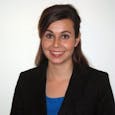
Elizabeth Tellier
Director, Australia
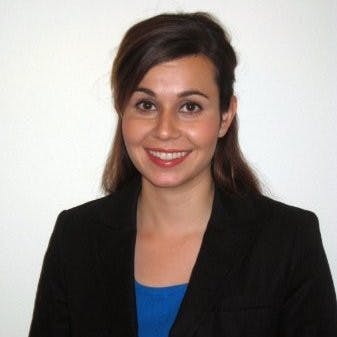
About
Elizabeth is the director of 2H’s Perth office. She holds a bachelor’s degree in mechanical engineering and a minor in business from Texas A&M University. Liz has 20 years’ experience in the oil and gas industry with various types of riser design, subsea structural monitoring systems and subsea integrity management.
In 2010, Elizabeth relocated from Houston to Perth, Australia to launch a local office to support the growing subsea market in west Australia. She has since been an active member of the subsea engineering community in Perth with key involvement in the local SUT branch.
Major project involvement includes managing BP’s subsea & riser integrity programme, Anadarko’s Caesar Tonga freestanding riser pre-FEED and FEED, developing the Perth team’s drilling riser and conductor capability and delivering various subsea structural monitoring solutions to clients in Australia. Elizabeth has also been instrumental in the development of 2H’s renewable energy services to support floating and fixed offshore wind projects in the region.
Insights

Nitin Repalle
Principal Flexible Riser Engineer
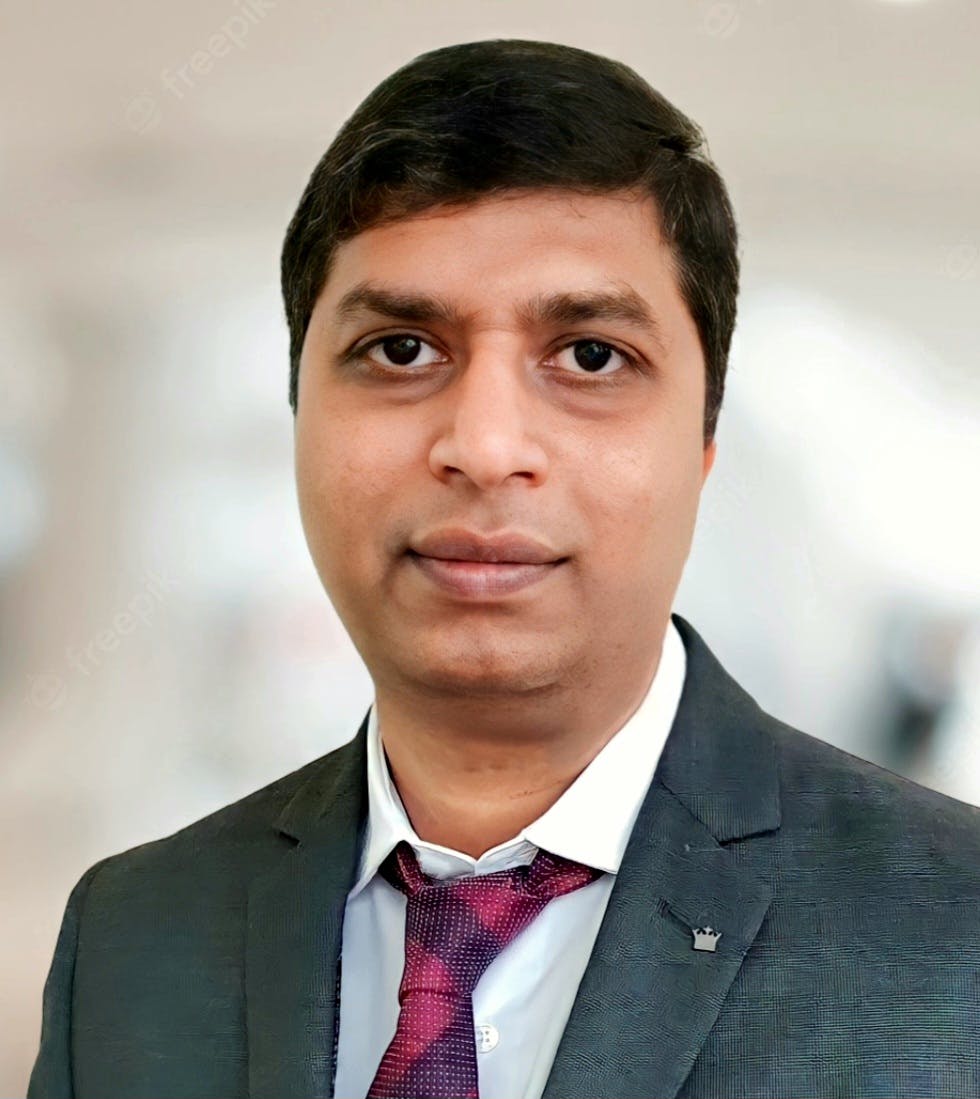
About
Nitin leads the Energy and Advisory business for 2H Offshore in the Asia-Pacific region. He has over 15 years of experience in renewables, oil & gas and decarbonisation industries. In his current role, he supports energy transition and decarbonisation industries at various stages of development. He is responsible for providing strategic advice, technical due diligence, and solutions for asset optimisation. He is passionate about leveraging digital technology to accelerate the energy transition towards a more sustainable future. Nitin holds an Executive MBA and did his PhD in mechanical engineering from the University of Western Australia.

Pedro Viana
Flexible Engineering Manager

About
Pedro was the first employee hired by 2H in Brazil, in January 2004, after graduating from PUC-Rio (Catholic University of Rio de Janeiro). His mechanical engineering studies included 1 year at the Technical University of Munich, Germany, with a dual-country scholarship granted to the best Brazilian engineers. Over the years, Pedro spent various periods of up to 9 months working in projects in 2H US, MY and UK offices, having gathered experience in all major offshore O&G regions. He has been based in the 2H Woking office since 2014, is part of the Local Management Team and leads the global flexible riser business within 2H.
Pedro’s 19 years’ experience ranges from shallow to deepwater risers, from concept design, through to integrity management and life extension and encompasses in particular flexible, rigid and hybrid riser production systems. He has worked on some major 2H projects such as Petrobras P-52, P-55, Guará&Lula-NE, BP Block31 PSVM, BP Tortue, and Total Kaombo, and is a long term sponsor of comprehensive engineering support on Tullow TEN and Jubilee and consultant on various key flexible projects across the 2H globe. Pedro is also part of the API 17J&B (flexibles) Task Group and one of the individual work group leaders.
From concept to installation. Has worked in 2H offices in BR, US, MY and UK, having gathered experience in all major offshore O&G regions.


